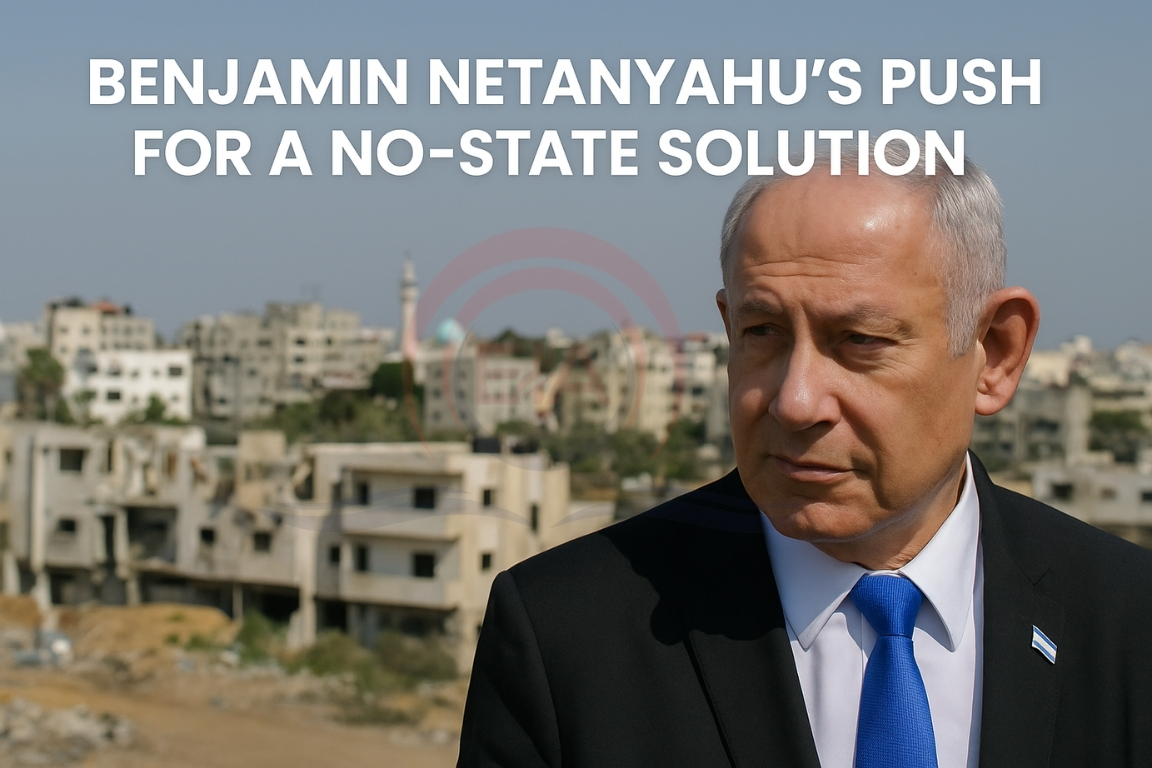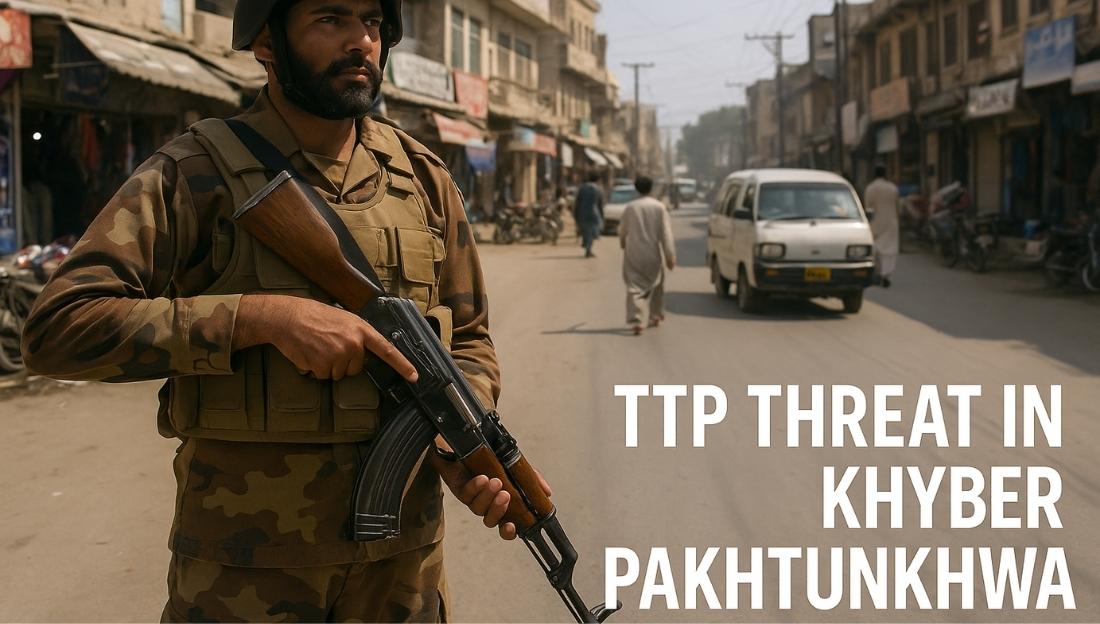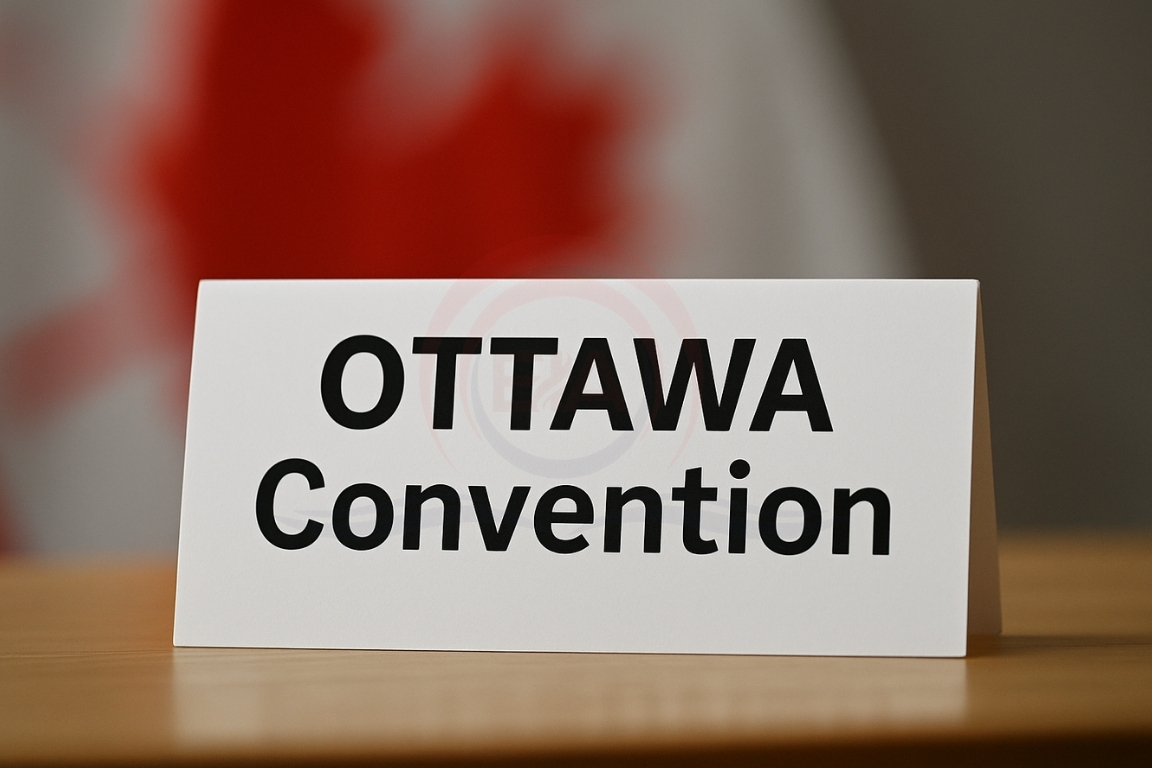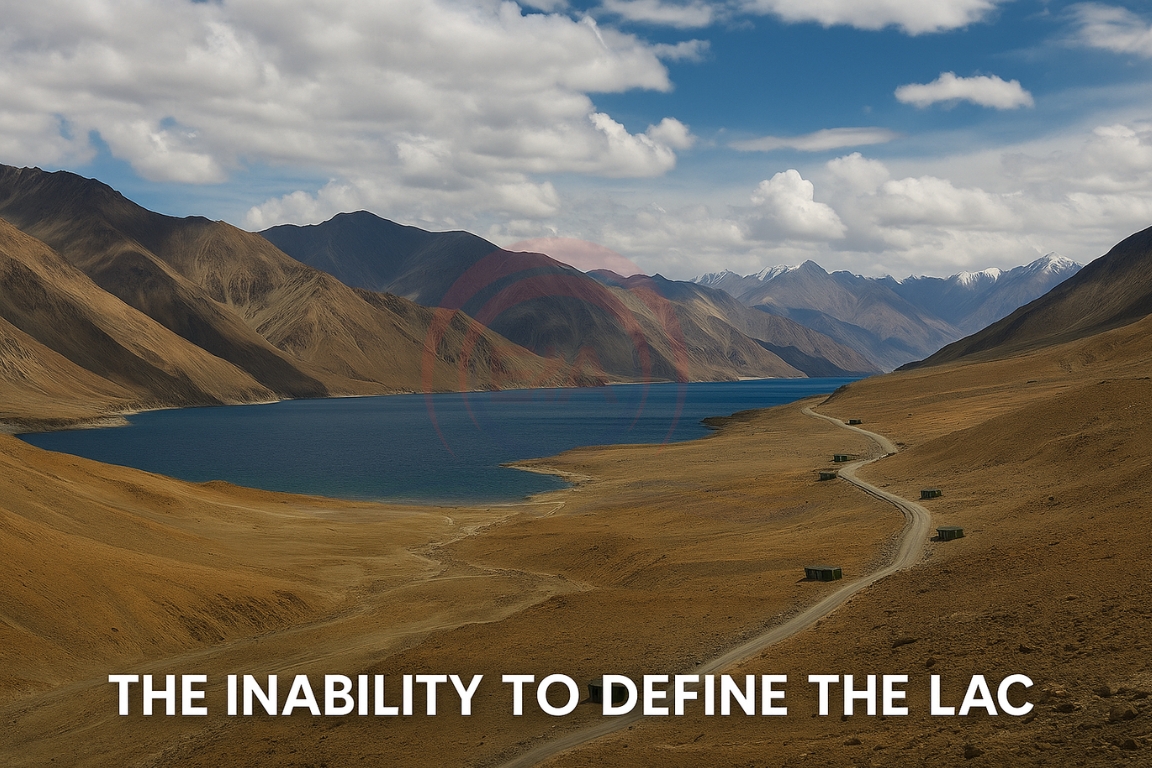Several Western nations, including the UK and France, have announced plans to recognise Palestine as a sovereign state, signalling growing global disapproval of Israel’s ongoing Gaza war and Prime Minister Benjamin Netanyahu’s opposition to a two-state solution.
Background:
- The Balfour Declaration (1917) marked Britain’s support for a Jewish homeland in Palestine.
- Many Global South countries, including India, recognised Palestine in the late 1980s.
- Western powers traditionally linked recognition of Palestine to a final peace agreement under the two-state framework.
- The ongoing Gaza conflict, marked by high civilian casualties and destruction, has accelerated calls for recognition despite no peace deal in sight.
Reasons for Shift in Western Position
Genocide & War Crimes Allegations
- International Criminal Court (ICC) has issued an arrest warrant for PM Netanyahu.
- International Court of Justice (ICJ) is examining genocide charges.
- Prominent Israeli and global human rights organisations (B’Tselem, Amnesty International, MSF) accuse the Israeli Defence Forces of systemic atrocities.
- Over 2.6% of Gaza’s pre-war population killed; 18,000+ children among the dead; widespread starvation due to blockade.
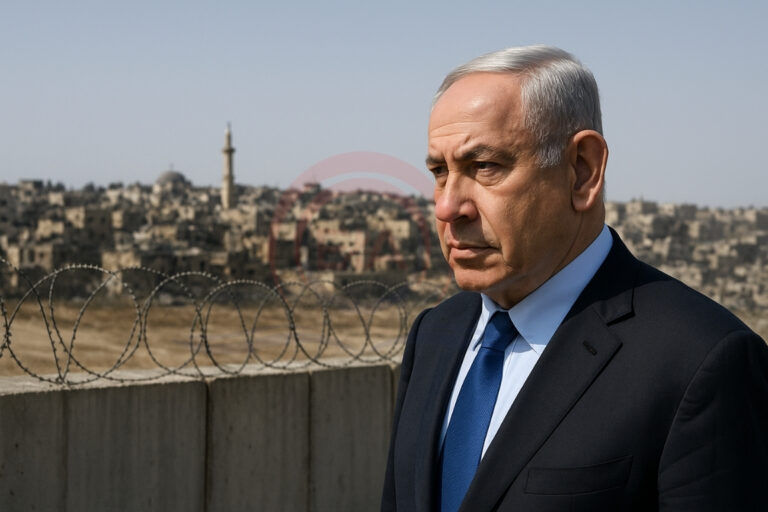
Public Opinion Pressure
- Polls show plummeting support for Israel in Western Europe (as low as 6% approval for the Gaza war).
- In the U.S., nearly half of voters believe Israel is committing genocide; 84% support an immediate ceasefire.
- Large-scale protests in Europe and North America demand an end to the war.
Netanyahu’s Position & Political Calculations
- Driven by neo-Zionist, expansionist ideology.
- Rejects ceasefire to avoid political collapse; far-right allies (Smotrich, Ben-Gvir) oppose any compromise.
- Sees war as an opportunity to re-establish Jewish settlements in Gaza.
- “No-state solution” goal: deny Palestinians statehood, sovereignty, and basic rights.
Structural & Ideological Factors
- Settler groups push for permanent control over Palestinian territories.
- Some Israeli leaders openly advocate destroying Gaza and expelling its residents to confined zones like Rafah.
- War framed not just as against Hamas, but against Gaza as a whole.
Global Implications
- Recognition of Palestine by Western powers challenges the post-1948 Israel consensus in the West.
- Marks a turning point in diplomatic discourse, though immediate change on the ground is unlikely.
- Intensifies debate over international law, occupation, and human rights accountability.
Conclusion:
The Gaza conflict is reshaping global attitudes towards Palestine, pushing even Israel’s traditional allies to reconsider long-standing diplomatic positions. Netanyahu’s continued war strategy risks deepening Israel’s isolation and undermining prospects for lasting peace.


